|
HuangDi ZhaiJing, as accordance to one SanYuan school, is the fundamental techniques of BaZhai, Eight Mansions. Such postulation may not go well with the current YangGong Old School practitioners, but again, it is based on ONE SanYuan school of thought, just for discussion. There are many western school out there offering Fundamental in FengShui, but how many masters really understand the true art of FengShui including some very rock bottom fundamentals, such as HuangDi ZhaiJing? What is the link between NaYin and BaGua? More importantly, how do you apply such? Theory is one thing, application is the other. It may sounds great in theory, when it is put to application, it may not bring the desire outcome, why? Yet, many have the cheek to offer courses in Fundamental in FengShui, where the fundamental is nowhere to be found in the west. Flying Star FengShui as the foundation of FengShui? Be realistic guys! The first part of the classic has indicated that, 近來學者,多攻五姓八宅、黃道白方,例皆違犯大經,未免災咎, translated by Michael John Paton as, “of recent scholars, there are many who have attacked the Five Surnames and the eight sites of the Yellow (Emperor's) Way, saying their prescriptions and regulations all violate the laws of the great Classic and are unable to escape disaster and defect”. Most likely the Flying Star guys have been around since. The Five Surnames 五姓, as in the definition of this school, referred to the Five Tones, WuYin 五音, of 宫、商、角、徵、羽, Gong, Shang, Jiao, Zhi, Yu, pentatonic musical notes. When these tones are multiplied by the 6 kinds of musical instruments and with its YinYang annotation, the result is a matrix of 60 tonal values. These values are what is probably known as 60 NaYin elements. It is also the very basic unit measurement of Qi, in FengShui. An entire body of knowledge called WuYun LiuQi 五运六气 is dedicated to explain such, go find out HERE! 八宅、黃道白方, as translated as the eight sites of the Yellow (Emperor's) Way is inaccurate. 五姓八宅, is to be read together as the Five Surnames Eight Mansions. This is the true method advocated by this classic. It is also said, 就此五種,其最要者唯有宅法,為真秘術, at this point of 5 "kinds of cultivation", then must have only 宅法, the dwelling method, is truly secret techniques. Such 宅法, the dwelling method is none other than 五姓八宅, the Five Surnames Eight Mansions techniques. The gist of this method arise from the very YiJing rudiment of one begets two, two begets three and three are the mother of the myriad things. So, ultimately the method suggest that you must start to define the one, Xue or the meridian spot, matching its YinYang which is the two and apply these into the third aspect that eventually brings forth changes, as the myriad things. The classic is silence with regard to, “what is this 3rd element”? This missing technique is where the oral transmissions step in. It has to do with how you use your LuoPan, plain application. As for the one, the classics state Siting is at the border of yin and yang, 宅陰陽之界. Many things can be construed as 宅, Siting. The normal translation would have been that a dwelling defines its YinYang, which make sense as the internal of the house is Yin and it’s external as Yang. Therefore, with the enclosure 宅, YinYang is established. Without enclosure 宅, what YinYang are we talking about? In other school, this is also termed establishing your Heaven’s Heart. The classic is dead silence of telling you how to establish the Heaven’s Heart. As for the two, the classics emphasized so much on YinYang. By establishing your heaven’s heart, you are able to discern YinYang. The classics states, 大矣哉,陰陽之理也!經之陰者,生化物情之母也;陽者,生化物情之父也, great indeed is the principle of Yin and Yang. In these classics, the entity Yin is the mother which gives birth to and transforms the actuality of things, and the entity Yang is the father. In other words, your Heaven’s Heart determines where the white dot in the ocean of black is and the black dot in the ocean of white. In other school, this is also termed the Pure Yin and the Pure Yang. Eventually, your YinYang changes place as what eventually Yin may also be Yang and vice versa, that depends very much on where your Heavenly Heart is placed. The classic continues to say, Qian is the leader of the three men, which are the trigrams, Zhen, Kan and Gen. These all belong to a Yang position. (Zhen, which follows Qian's position to the northwest, is YangMing). Kun is the leader of the three women which are the trigrams, Xun, Li, and Dui. These all belong to a Yin position. (The terrestrial branch Xu, which follows in the same direction as the southeast corner of the trigram Xun, is YinMing.), 乾將三男震、坎、艮,悉屬於陽位(即從西北乾位之震為陽明矣);坤將三女,巽、離、兌悉屬陰之位(即從東南巽角順之戌為陰明矣). While reading these, many would had assumed, this is how one splits YinYang. With the BaGua in placed, 八宅, Eight Mansions kick in. Remember that the classics states, 就此五種,其最要者唯有宅法,為真秘術, at this point of 5 "kinds of cultivation", then must have only 宅法, the dwelling method, is truly secret techniques. These 5 "kinds of cultivation" 五種, is referred to as your dwelling, Heaven’s Heart. You practically “plant” your Heaven’s Heart, and it is also dead silent in the classic. Therefore, in 八宅, Eight Mansions, there are 5 kinds of dwelling each with its elemental YinYang correspond to the 8 types of Dwelling (Gua). The classic also states if there is an equal coming and going of Yin and Yang then it is at one with the Heavenly Way and naturally there is an expression of auspiciousness and abundance. 若一陰陽往來,即合天道自然,吉昌之象也. This sort of translation doesn’t seem right. It should be translated as if one YinYang comes and goes, thus combines with Heavenly Way is natural, perpetual auspicious is the image. It means to say, every abode has its YinYang and if it is in equilibrium, it follows the Heavenly Way. So, the art of Dwelling is to arbitrate such. It states, by following the two qi, yin and yang, one can rectify this and the various spirits are slain. Both the Five Surnames and the sexagenary cycle are produced from the two qi, and are arranged in the corners of the four directions. (Thereupon), throughout the whole year in public matters there will be no disaster, 順陰陽二氣為正,此諸神殺及五姓、六十甲子皆從二氣而生,列在方隅,直一年公事,故不為災(凡諸刑殺在刑禍方者,設天德、月德到,亦須避之。Starts from YinYang, 2 Qi comes the BaGua and the 60 JiaZi NaYin, in application. Yet, it silenced in its application. The classics continue to state its way, the twenty four paths accord with the size of a site. The Central Courtyard is divided into four sides, which constitute the twenty four paths. The ten celestial stems, the twelve terrestrial branches and the trigrams Qian, Gen, Kun and Xun together make up the twenty four paths, 二十四路者,隨宅大小,中院分四面,作二十四路。十幹十二支,乾艮坤巽,共為二十四路是也。 Once the dwelling is conformed to the 8 Gua, it progresses to use the 24 mountain plates, assumedly the Earth Plate as for once it is derived from the LiuRen ShiPan, and the rest was silenced. Every 24 mountain plates had its own YinYang and 60 JiaZi NaYin application. Yet many may also confused as to Central Courtyard is divided into four sides, 中院分四面. ZhongYuan 中院 means Central Courtyard, or something else? Why need a “Central Courtyard” if it is not for Qi connections? 五姓八宅, Five Surnames Eight Mansions techniques required Qi connections via its Heaven Heart being the one, YinYang being the two and the 24 mountains application being the three. The classics silence in terms of how to fit the 8 Gua into the 24 mountains. Some school abide to the notion of one Gua governs 3 mountains principle, while another school abide to the notion of NaJia connecting Qi. Walla, there you go, schism within the same school. Hence, ensuring that yang does not solely rule is achieved through yin. (One should put in order the yin aspect of a yang site.) Ensuring that yin does not solely rule is achieved through yang. (As stated above.), 是以陽不獨王,以陰為得(陽宅為宜修陰方);陰不獨王,以陽為得(如上說)。五姓八宅, Five Surnames Eight Mansions required one to identify which part of the dwelling belongs to the Yin and which belongs to the Yang. Knowing such, one will able to deal with the corresponding 八宅, Eight Mansions matching with the Gua of the Dwelling thus avoiding the overly Yang or overly Yin. Does it means matching one’s Life Gua to the House’s Gua? What is being imbalance YinYang, the classics stipulated that if Yin or Yang is entered three times, the site is said to be without soul. If it is four times, it is said to be of soul without spirit, 三度重入陰陽,謂之無魂;四人謂之無魄。 What is meant by Yin or Yang is entered three times and four times? In a BaGua configuration, there are 4 Yin and 4 Yang Gua. If in a case of a Yin house, there are unfortunately 3 to 4 Yin or Yang aspects, it is therefore imbalanced. The overly Yin is called soul without spirit, dull or dormant and overly Yang is called the site is said to be without soul, disharmony. The following verse sealed its place as 若一陰陽往來,即合天道自然,吉昌之象也. If one YinYang comes and goes, thus combines with Heavenly Way is natural, perpetual auspicious is the image. How to define YinYang in the 24 mountains? For a Yang site the dragon's head is located in the terrestrial branch Hai and the tail is located in the terrestrial branch Si. For a Yin site the dragon's head is in Si and the tail is in Hai. 陽宅龍頭在亥,尾在巳;陰宅龍頭在巳,尾在亥. In other words, Hai and Si becomes the boundary of YinYang. Yang rises from Hai to Si and Yin rises from Si to Hai. Does it means clockwise and anti-clockwise or it defines the two halves of the YinYang according to the 24 mountains? It continue to state that in general, there is movement from Xun to Qian, from the terrestrial branch Wu to the terrestrial branch Zi, from Kun to Gen, from the terrestrial branch You to the terrestrial branch Mao, and from Xu to Chen. (The above shift reaches the dwelling place of higher officials and no matter the distance, it is entering yang.) There is (also) a shift from Qian to Xun, from Zi to Wu, from Gen to Kun, from Mao to You, and from then to Xu. (The above shift reaches the higher officials and all have the name of entering yin.) Therefore, a fortunate and beneficial area diligently complies with the Heavenly Way (natural law). 凡從巽向乾、從午向子、從坤向艮、從酉向卯、從戌向辰移(已上移轉及上官所住,不計遠近悉入陽也),從乾向巽、從子向午、從艮向坤、從卯向酉、從辰向戌移(已上移轉及上官悉各入陰),故福德之方,勤依天道。 Paton’s translation is totally off tangent, for instance, 從巽向乾, was translated as from Xun to Qian. It is better translated as passing through Xun facing Qian instead. In other words, it is summarizes that: - Entering Yang means, passing Xun facing Qian, Wu facing Zi, Kun facing Gen, You facing Mao, finally, Xu facing Chen. Entering Yin means, passing Qian facing Xun, Zi facing Wu, Gen facing Kun, Mao facing You, finally, Chen facing Xu. Reaching the higher officials 上移轉及上官, could means one step forward or forward cycle. Therefore there are 5 typical YinYang thresholds or boundaries. If entering Yang equals entering Yin, it complies with the Heavenly way. What is this Heavenly Way? The classics states that the Heavenly Benefice (Yang), the Lunar Benefice (Yin), is the vital qi, ShengQi, come to this position, 天德、月德,生氣到其位, which in other word, a dwelling is able to receive ShengQi through the Qi connections where the Yin is balanced with the Yang and vice versa, as a site which is both Yin and Yang constitutes a dragon. The formula also says, “In inverting a site a level wall can lock out misfortune”. It means to say, one way to alter YinYang is to create partitions to channel and connect Qi. The level wall is already your dragon. So, in general, the incoming influences are not affected by distance, meaning your incoming Qi does not depend on the mountain range outside your dwellings. It can be just a level wall to channel and connect Qi.
Thus, these are the Primary Method of 五姓八宅 Five Surnames Eight Mansions Techniques. P/S: Thanks Uncle Xu for your sharing!
0 Comments
Your comment will be posted after it is approved.
Leave a Reply. |
Archives
January 2022
Categories
All
|
- Home
- About
-
Practice
-
DYA + C
-
Consultant
-
Educator
- Author I am...
- Speaking Engagement >
- Attempting Law School
- Journey in USM(Arch) >
- Discourse in Studio 6 >
-
d:KON 4
>
- Actors >
-
Acts
>
- Portraiture
- A Slice of Space Time
- Box of Installation of Lights
- Radio Misreading
- Grid of Destinies
- Shelter
- Anatomy of Pain
- Tensigrity of Ego
- Of Prisons and Walls
- Forest of Nails
- Curtain of Fears
- Dissolution of the Ego
- If it's Ain't Broken it's Ain't Worth Mending
- Flight of Freedom
- Cross of Complexity and Contradiction
- interrogation
- Stage >
- Play
- Approach
- Galleria >
- External Critique >
- Philosophy
- Codes Regulations & Standards >
- Photo Essays
- Contact

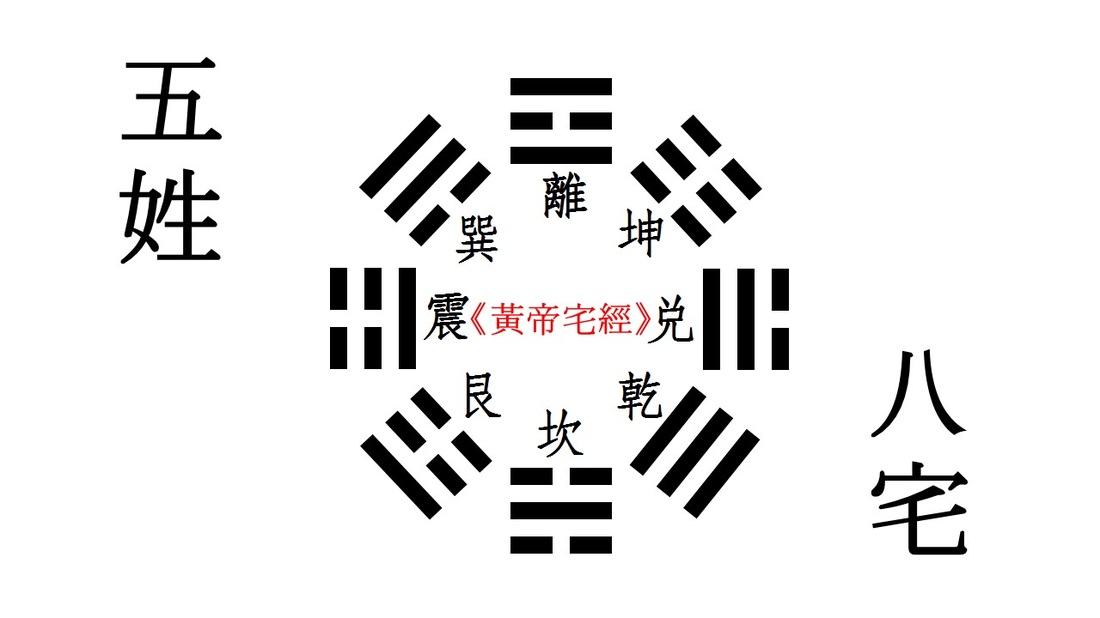
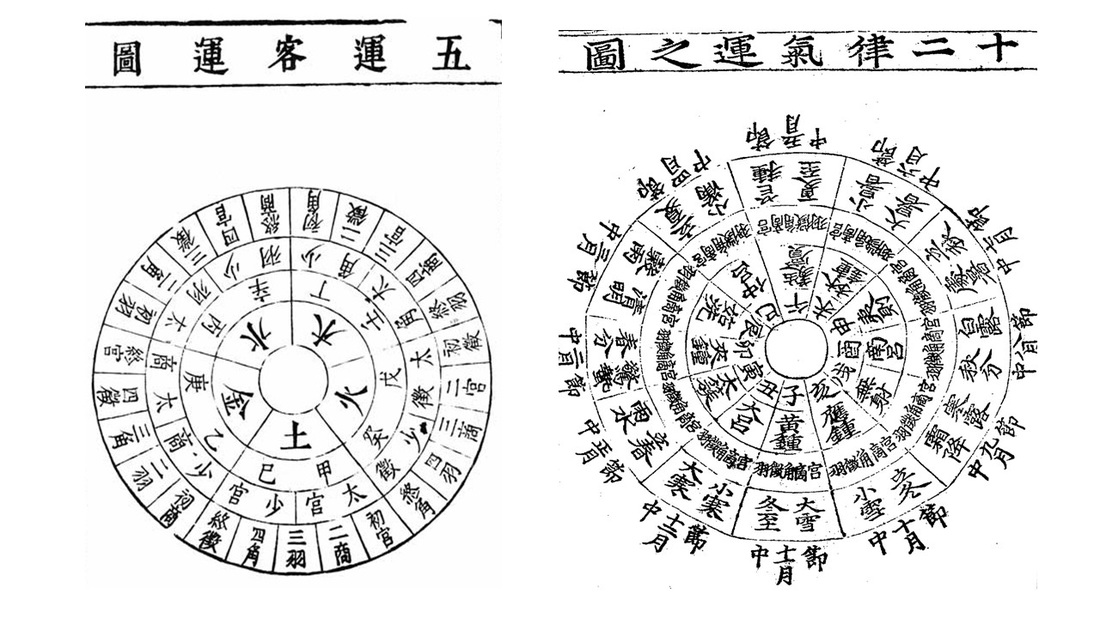
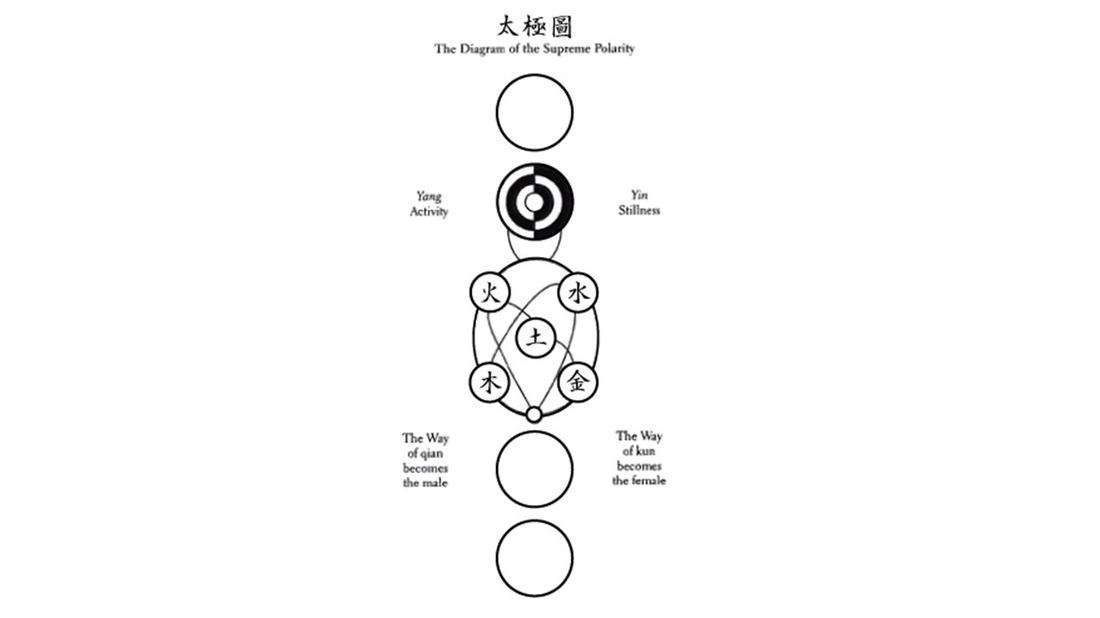
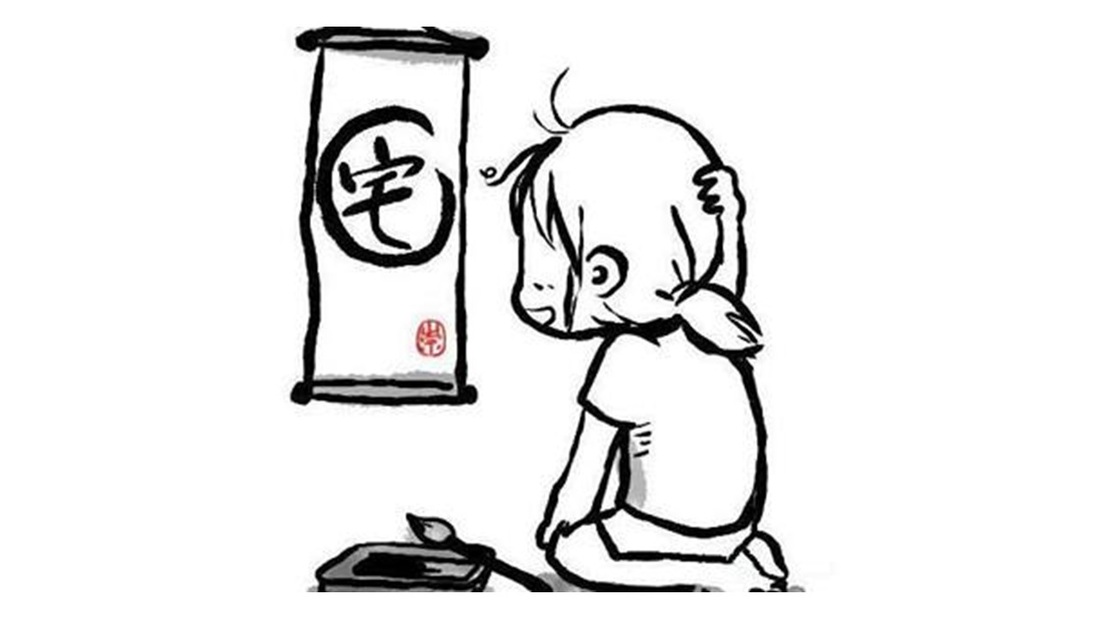
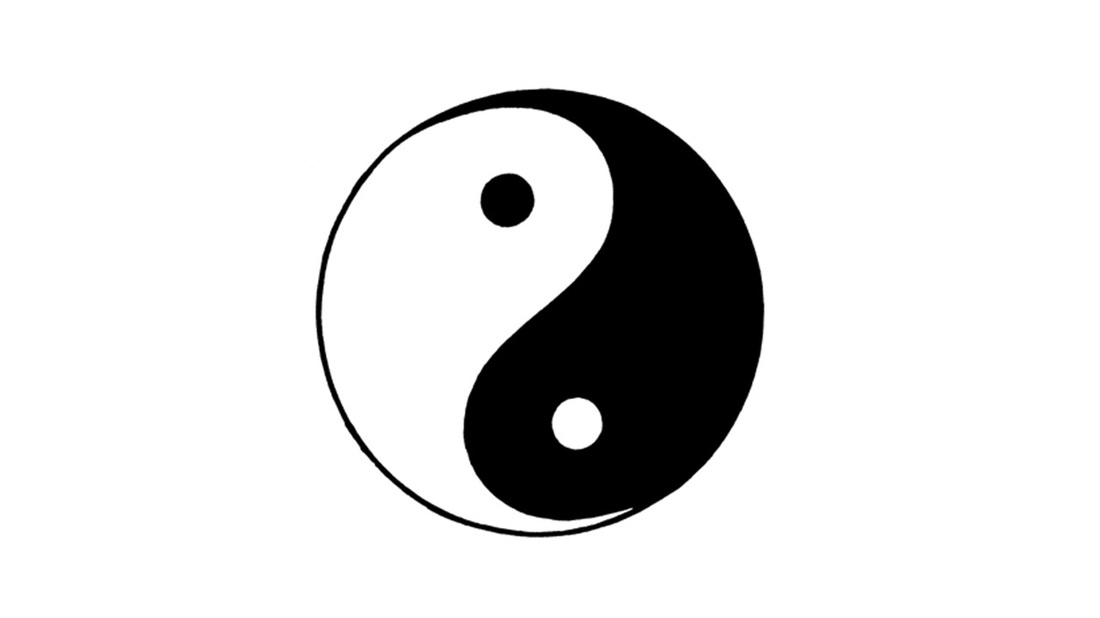

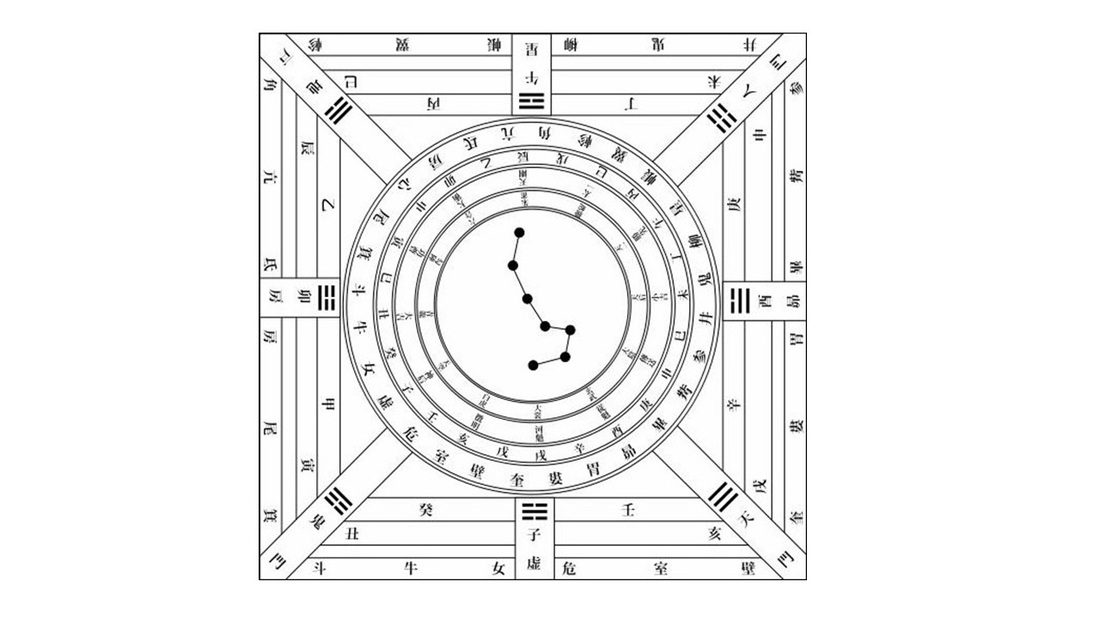
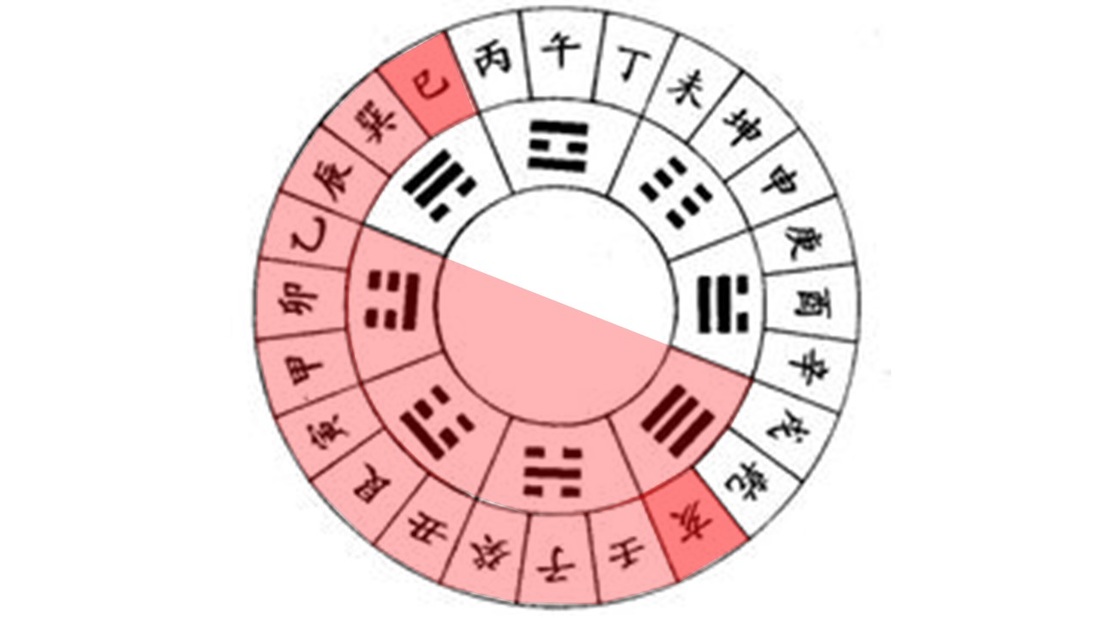
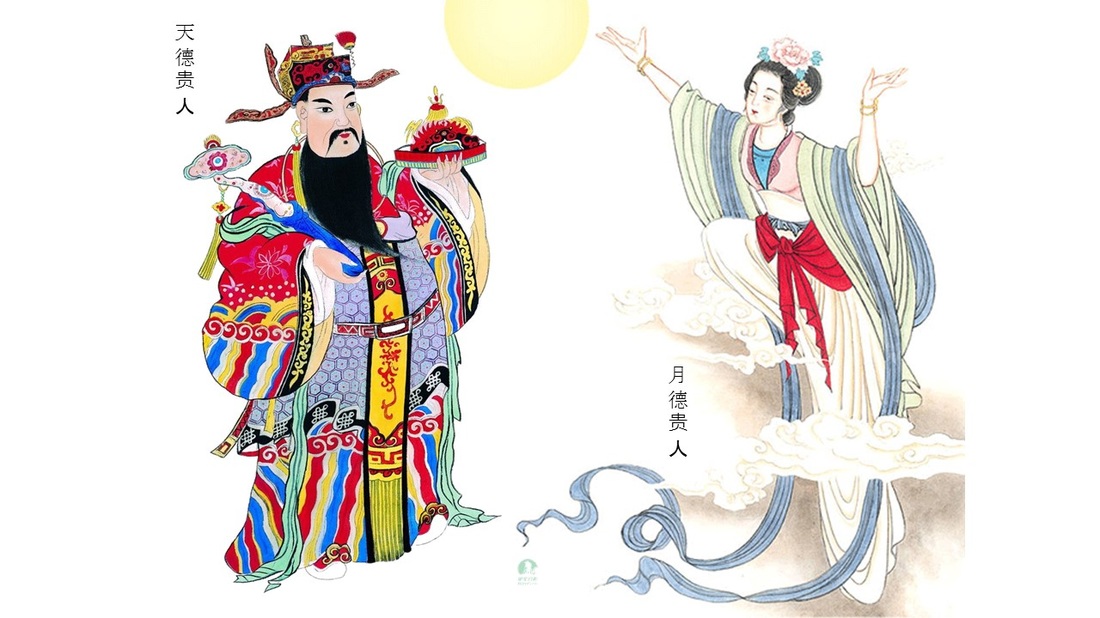

 RSS Feed
RSS Feed
